Law, War and Crime - by Gerry J Simpson (Paperback)
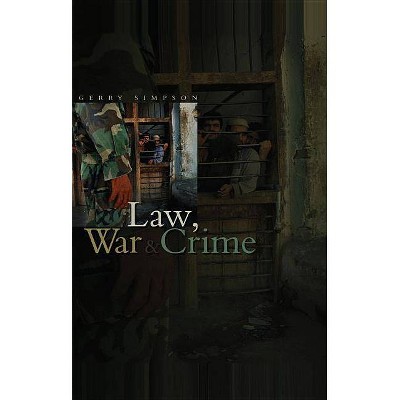
Similar Products
Products of same category from the store
AllProduct info
<p/><br></br><p><b> About the Book </b></p></br></br>"From events at Nuremberg and Tokyo after World War II, to the recent trials of Slobodan Miloéseviâc and Saddam Hussein, war crimes trials are an increasingly pervasive feature of the aftermath of conflict. In his new book, Law, War and Crime, Gerry Simpson explores the meaning and effect of such trials, and places them in their broader political and cultural contexts. The book traces the development of the war crimes field from its origins in the outlawing of piracy to its contemporary manifestation in the establishment of the International Criminal Court in The Hague.<p/><br></br><p><b> Book Synopsis </b></p></br></br>From events at Nuremberg and Tokyo after World War II, to the recent trials of Slobodan Milosevic and Saddam Hussein, war crimes trials are an increasingly pervasive feature of the aftermath of conflict. In his new book, Law, War and Crime, Gerry Simpson explores the meaning and effect of such trials, and places them in their broader political and cultural contexts. The book traces the development of the war crimes field from its origins in the outlawing of piracy to its contemporary manifestation in the establishment of the International Criminal Court in The Hague.<br /> <p>Simpson argues that the field of war crimes is constituted by a number of tensions between, for example, politics and law, local justice and cosmopolitan reckoning, collective guilt and individual responsibility, and between the instinct that war, at worst, is an error and the conviction that war is a crime.<br /> </p> <p>Written in the wake of an extraordinary period in the life of the law, the book asks a number of critical questions. What does it mean to talk about war in the language of the criminal law? What are the consequences of seeking to criminalise the conduct of one's enemies? How did this relatively new phenomenon of putting on trial perpetrators of mass atrocity and defeated enemies come into existence? This book seeks to answer these important questions whilst shedding new light on the complex relationship between law, war and crime.</p><p/><br></br><p><b> From the Back Cover </b></p></br></br>From events at Nuremberg and Tokyo after World War II, to the recent trials of Slobodan Milosevic and Saddam Hussein, war crimes trials are an increasingly pervasive feature of the aftermath of conflict. In his new book, Law, War and Crime, Gerry Simpson explores the meaning and effect of such trials, and places them in their broader political and cultural contexts. The book traces the development of the war crimes field from its origins in the outlawing of piracy to its contemporary manifestation in the establishment of the International Criminal Court in The Hague.<br /> <p>Simpson argues that the field of war crimes is constituted by a number of tensions between, for example, politics and law; local justice and cosmopolitan reckoning; collective guilt and individual responsibility; and between the instinct that war, at worst, is an error, and the conviction that war is a crime.<br /> </p> <p>Written in the wake of an extraordinary period in the life of the law, the book asks a number of critical questions. What does it mean to talk about war in the language of the criminal law? What are the consequences of seeking to criminalise the conduct of one's enemies? How did this relatively new phenomenon of putting on trial perpetrators of mass atrocity and defeated enemies come into existence? This book seeks to answer these important questions whilst shedding new light on the complex relationship between law, war and crime.</p><p/><br></br><p><b> Review Quotes </b></p></br></br><br>Masterfully written, blending reflective discussion of overarching theoretical and conceptual questions with authoritative detail drawn from a wide range of cases. <br /> <b><i>International Affairs<br /> </i></b><br /> A book that could be produced only by someone fully versed in their field ... from argument structure to style, Law, War and Crime is to be recommended. <br /> <b><i>Modern Law Review</i></b> <p>A fresh addition to the vast literature on international criminal law precisely because it comprehensively addresses the structural tendencies that characterize international criminal law.<br /> <b><i>Finnish Yearbook of International Law</i></b></p> <p>Offers a significant contribution to the globally important subject of international criminal law by exploring the tensions prevalent in international trials ... it is well written and provides unique insight into considerably challenging issues.<br /> <b><i>Political Studies Review</i></b></p> <p>Opens one's eyes to the use and abuse of criminal law in the context of international politics and war.<br /> <b><i>Law Institute Journal</i></b></p> <p>This is an outstanding book that is a must read for anyone interested in international criminal tribunals. It is sophisticated and erudite in its analysis, beautifully written, concise yet supported with detailed research and well timed.<br /> <b>Alex Bellamy, <i>University of Queensland</i></b></p> <p><i>Law, War and Crime</i> is a substantial scholarly achievement, and I hope it will be politically influential, not so much for any specific position the book espouses, but for its sophistication, care and humanity. Gerry Simpson has lawyerly intellectual virtues that are sorely needed by the international community as it begins to institutionalize criminal law. Simpson writes with discipline instead of mere fervor, and skillfully mediates between factual detail and grand theme. Rarest of all, Simpson understands that unresolvable arguments create discursive spaces where politics, including law, can happen. Bravo!<br /> <b>David A. Westbrook, <i>University at Buffalo Law School</i></b></p> <p>Masterfully written, and hugely topical ? this is a must read for all those interested in international law, foreign affairs and war.<br /> <b>Ruti Teitel, <i>New York Law School</i></b></p><br><p/><br></br><p><b> About the Author </b></p></br></br><b>Gerry Simpson</b> is Professor of Law at the London School of Economics and Political Science.
Price History
Cheapest price in the interval: 28.49 on October 27, 2021
Most expensive price in the interval: 28.49 on December 20, 2021
Price Archive shows prices from various stores, lets you see history and find the cheapest. There is no actual sale on the website. For all support, inquiry and suggestion messagescommunication@pricearchive.us
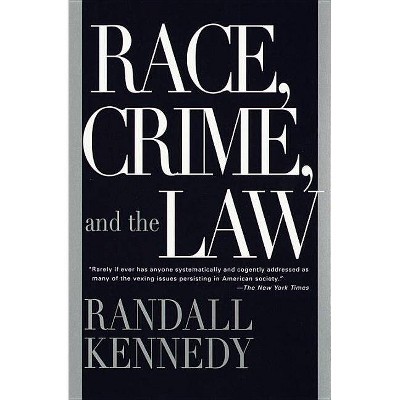
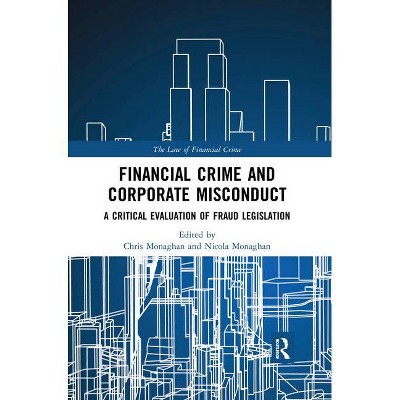
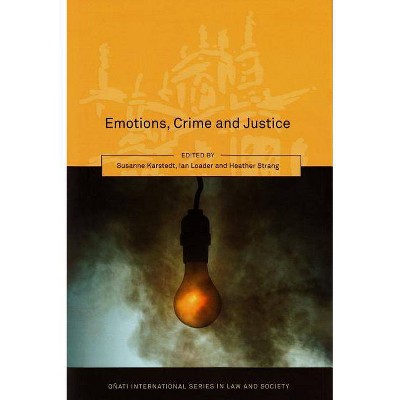
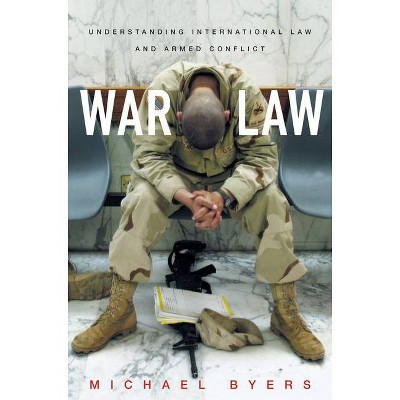

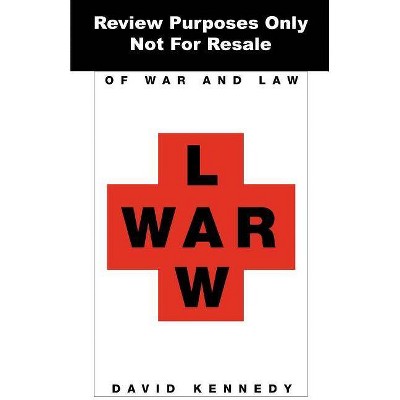
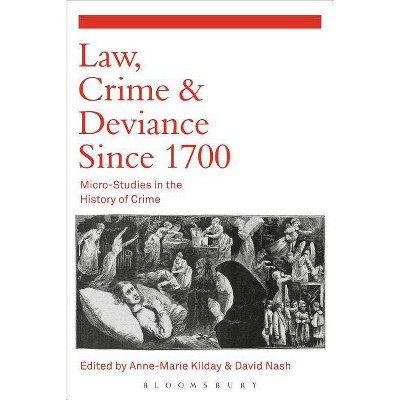

![American Crime Story: The People v. O.J. Simpson [DVD]](https://pisces.bbystatic.com/image2/BestBuy_US/images/products/5496/5496136_so.jpg)











